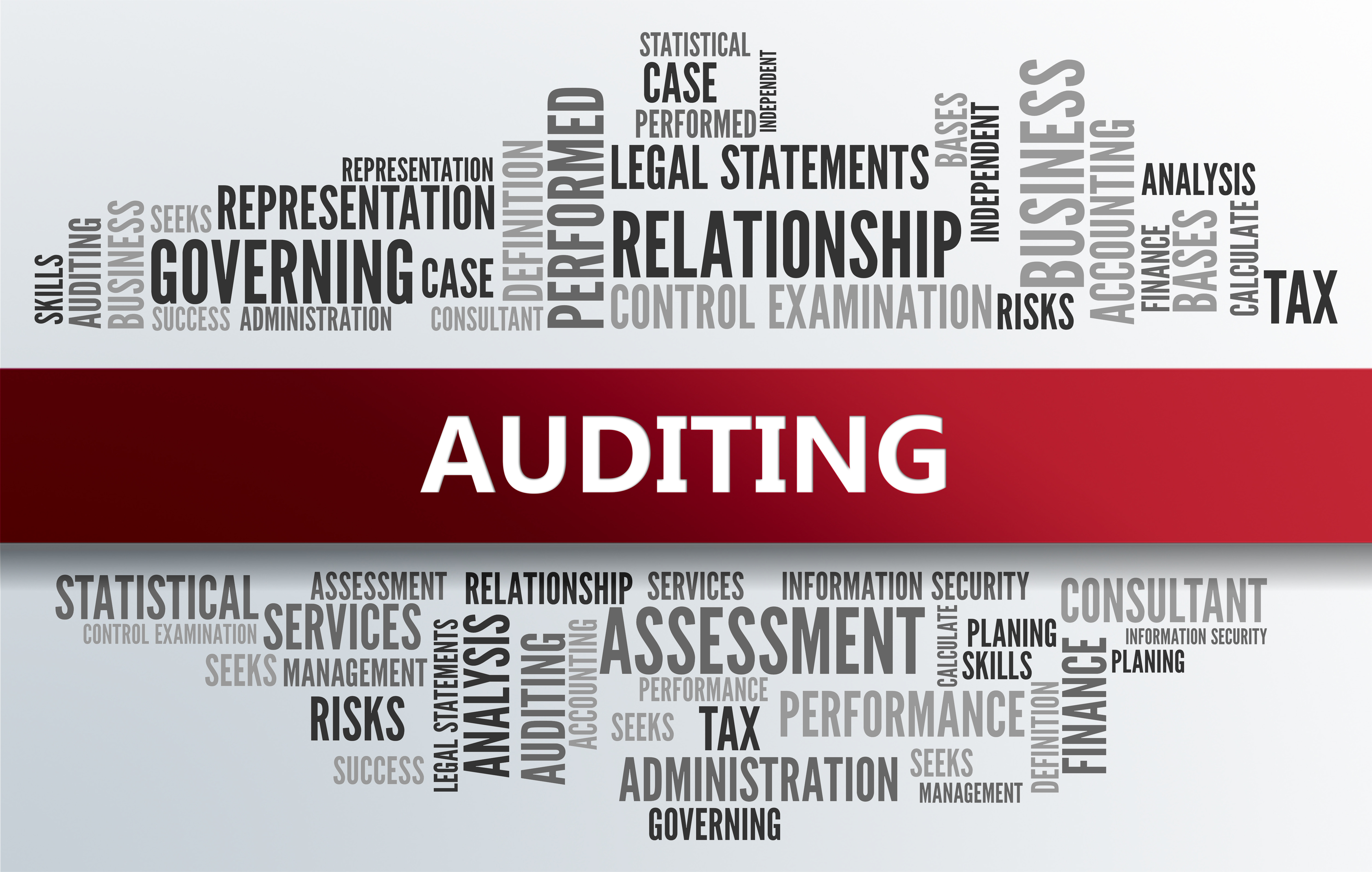Litigation cases that could possibly take down a Big 4 firm

If a judgment at trial were big enough, it could mean the end of a large firm. Writing on August 13th at Market Watch, Francine McKenna explains PwC faces 3 major trials that threaten its business.
That threaten its business phrase in the headline actually means could take down the entire firm.
There are three major cases, each with a serious enough impact, that an adverse ruling in any one could take out the firm. One is in court now, another expected next February, with the final one in court within a year.
Work with me as I try to process through the cases. Here is the thumbnail version.
Two lawsuits over one client
Taylor Bean & Whitaker Mortgage Corp allegedly generated massive amounts of fraudulent loans, a large portion of which were sold to Colonial Bancgroup. Both companies failed during the financial crisis.
PwC audited Colonial Bank and allegedly did not discover the bad loans that their client, Colonial Bank, bought from PwC’s non-client Taylor Bean.
…
Litigation cases that could possibly take down a Big 4 firmRead More »
Litigation cases that could possibly take down a Big 4 firm Read More »